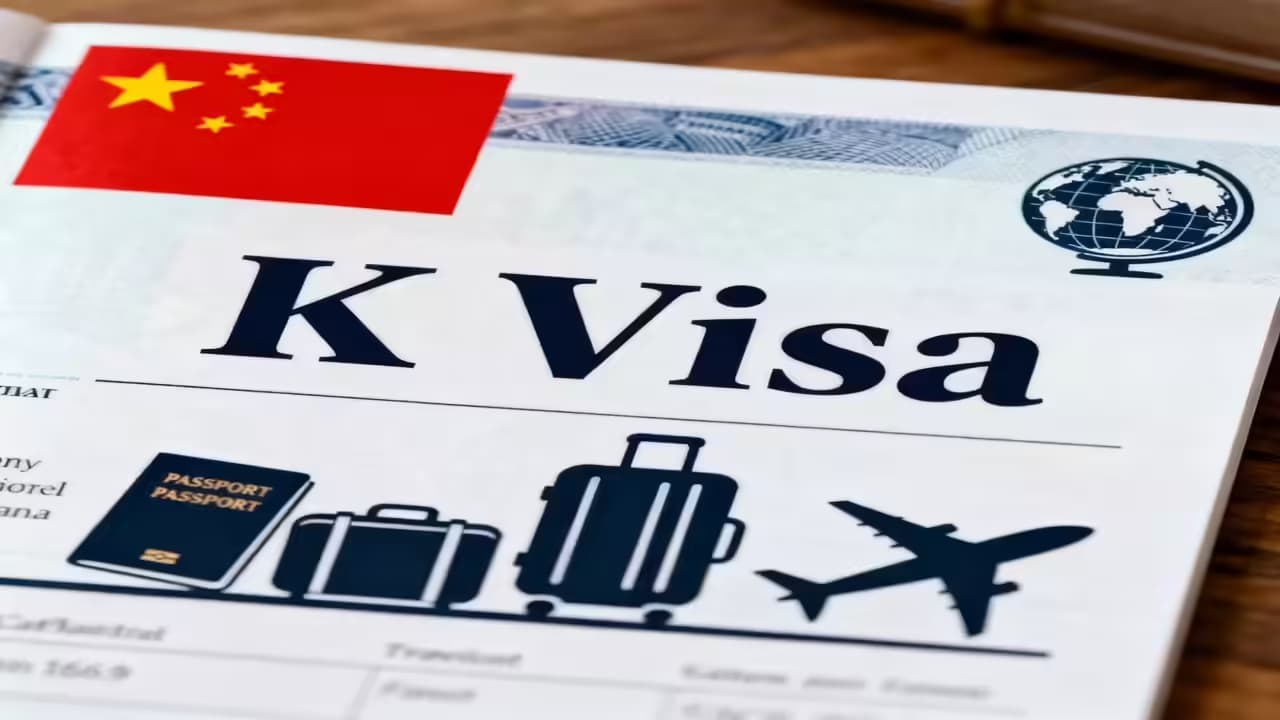China Launches K Visa to Attract Global Tech Talent, Indians Eye the Opportunity
Related Articles
“We are all Fine”: R Madhavan, Wife Sarita & Son Safe in US After Dubai Airport Shutdown
Dubai’s major airports, including Dubai International Airport and Al Maktoum International Airport, have suspended all flight operations following escalating regional tensions and military actions...
होलिका दहन से पहले उत्तराखंड के ‘भूतिया गांव’ में BJP सांसद अनिल बलूनी की भावुक होली
उत्तराखंड के घोष्ट विलेज में भाजपा सांसद अनिल बलूनी ने कैंडिड होने का एक अलग मौका लिया, जब उन्होंने हाल ही में गांव के...
Violence Erupts as Mob Target US Consulate in Karachi Following Khamenei’s Death
A mob gathered outside the United States consulate in Karachi, Pakistan, leading to a violent confrontation on March 1, 2026. The incident followed the...


